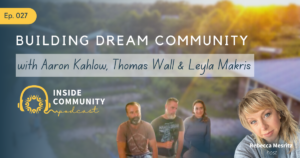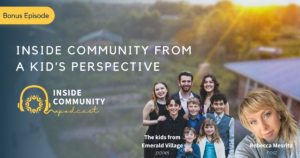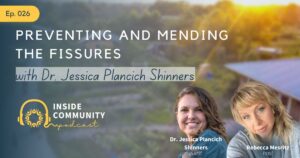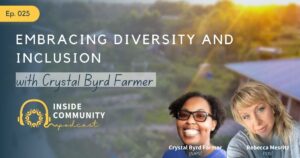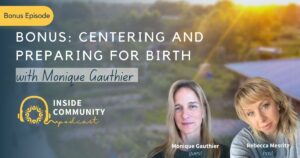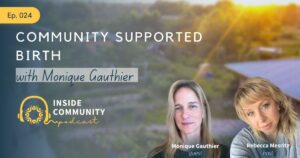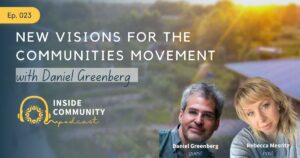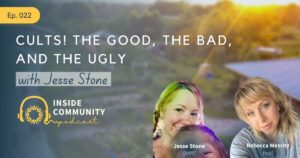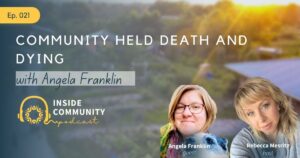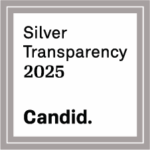Facilitation and Politics with Yana Ludwig
Inside Community Podcast — Episode 004 [Part II]
This is a bonus conversation from episode 004 on Finding Co-Founders and Creating Cooperative Culture. Enjoy!
- Yana Ludwig is cooperative culture pioneer, group process trainer, consultant, and anti-oppression activist who has lived in community for 25 years. She is the former Executive Director of both the Center for Sustainable and Cooperative Culture at Dancing Rabbit Ecovillage, and Commonomics USA, an economic justice organization, and currently serves as the Executive Director of Leadership Eastside in Washington. Yana is a dynamic, compassionate, and thoughtful speaker and teacher committed to creating a world that supports the well-being and vibrancy of all beings. Her writing includes Together Resilient: Building Community in the Age of Climate Disruption (published under the name Maikwe Ludwig), The Cooperative Culture Handbook (co-authored with Karen Gimnig), and numerous articles in Communities magazine. She has spoken at Tedx and hosted the Solidarity House podcast which centers on policy, culture and law. She was also a candidate for US Senate in 2020, ultimately placing 2nd in a crowded Democratic primary field. You can learn more about Yana and her work at www.yanaludwig.net.
Follow the show and see inspiring images and video of community life on Instagram @InsideCommunityPodcast – I’d love to hear from you there! If this content has been meaningful or useful to you, please subscribe, rate and review on your favorite podcast platform, and share with your friends and folks you know who are curious about living Inside Community. Your financial support of Inside Community helps us to continue to create meaningful and exciting content and I hope you’ll consider donating.
— Rebecca, your podcast host
Episode Transcript
Rebecca Mesritz 0:04
Hey there, listeners, I have a special bonus episode for you today. In my recent interview with Yana Ludwig, she had so much incredible wisdom to share that I couldn’t quite fit it all into that podcast episode. And in particular, I asked her these two questions that I think you might enjoy. So have a listen. And if you are getting something from this podcast, I hope you’ll take a moment and visit ic.org/podcast. And consider making a donation to the show so that we can continue to bring you bonus episodes and interviews with amazing people like Yana. Thank you so much.
Yeah, I just have a few more questions for you. I, you know, one question, is it really about facilitation. I know that in the early days of founding part of that the group work that you do, a lot of it is sharing facilitation or learning how to facilitate. And I know that you’ve worked as a consultant as and as a facilitator for a lot of different kinds of groups. And I was looking over your website, as I was preparing for this interview, and a former, a former client described you, she said, the work is about the group she is working with, and her personality is neutral. She doesn’t use her charisma, or personal power to get people to move. She holds the vision and the space that we all want to live more peacefully and harmoniously. I think that’s such a phenomenal compliment, first of all, to be able to I mean, I I aspire to that so deeply, because I am a person that has a pretty big personality. And I know that I can hold a lot of sway. And I’ve been a facilitator of of groups and group processes before. And I guess what I want to ask you about is this neutrality that she’s talking about? And how do you achieve that? Can you tell me how you do that? Because I want to do that, too. And I’m sure everybody listening to this podcast would like to be able to do that, too.
Yana Ludwig 2:14
Yeah. Well, I mean, I think I think it’s a skill you build over time. For one thing, like, I don’t think there’s a quick answer to like, how do you do that? I mean, one of the things is that I don’t, I don’t agree to facilitate a meeting, that I have a strong opinion about what the outcome should be. I let somebody else facilitate that meeting. And, you know, and that that neutrality is really important, because what you want to be doing is holding a container that is about what is the best thing for the collective rather than what do I think should happen? Or, you know, or what does my friend think should happen? And I’m going to, like, champion their perspective on this, but is really about, like, What’s the best thing for the group. And so, you know, so neutrality is really I think about whether I was gonna say whether you have a dog in that fight, but I’m trying to get away from that phrasing and find something a little less violent sounding. Like, whether Yeah, just just whether you have a really strong opinion about the outcome, when it comes down to it. And so I think that that’s really important. And I will say that, I think the number one skill that the group has just got to have a couple people who are really good at is facilitation. Because that ability to hold a space and to hold a container and to really create that, you know, which is partly about your presence, and you know, your ability to like, literally hold the room energetically. But you know, it’s also about like, doing good planning, and setting conversations up. So that you get to the heart of things in a way that creates safety for people like all of that is really, really important. And that is not something that we’re typically taught. I mean, you know, again, it goes back to culture for me that, you know, we’re taught how to be really good competitors, and really good individualism. We’re not taught how to, like, hold space for collective action. And that’s a lot of what facilitation is really about is getting to the place where you can hold that space really cleanly. Yeah, so I do think, I do think my number one skill, like if I had to rank them in order, like top of the list would be really impeccable facilitation skills. And second would be really impactful conflict resolution skills, which are closely related to facilitation skills. Yeah, that’s my number one and two,
Rebecca Mesritz 4:37
you know, and I’ll and just to add to that, I think, for for folks who are looking to get started, I would, I would strongly recommend that you have two different kinds of facilitators that are on your team that you have an it could be even an external person or a therapist or a marriage and family therapist, someone who comes and works with your group to do the process work to do the emotional energetic clearing work, or whatever that might look like in your world. I’ll say for our forming group, here we have someone that we’ve worked, we’ve all worked with, who helped us form our last community, in fact, who we have regular monthly check ins with so that we can keep clearing the emotional stuff. Because those things do build up your people that are in relationship with each other, there’s going to be things that happen that start to drive you a little bit crazy. And if you don’t address them early on, they become major, they can become really major and, and it’s not just an emotional thing, because it gets mixed into your, your meeting processes and your business. And so the fact that somebody didn’t say thank you when you made them dinner the other day, and then that really pushed you off. And now they want to bring a project forth, and you’re kind of like, I don’t really like that person today can relate. Like, all of a sudden you get your business and your and your personal realities mixed up. And so having some really good facilitation that helps you with both, again, the personal process, as well as someone who’s very organized, really good at keeping an agenda really good at taking notes and tracking agenda items and tracking time. So you’re not having five hour meetings. And those aren’t always the same person. And usually I don’t think they’re the same person.
Yana Ludwig 6:31
So yeah, it’s it’s rare to be really good at both of those things. So I do think having a facilitation team is a really good idea.
Rebecca Mesritz 6:41
You know, as we kind of wrap up here, I do want to tap into an area that I think you are uniquely qualified to talk about, which is you ran for Senate in 2020. And have have a political career. And I think for a lot of people who are interested in the communities movement and interested in making a real change. I’ll say for myself, who’s been involved in this reality for a while, are our crew here really recognizes the fact that this can’t just be about the little pot of people that we have living on one little pot of land, but we actually in order to do the things that we want to do and make the bigger changes we want to make in our bio region for our watershed that requires sort of a level of action in politics and local government. That just seems kind of obvious, I guess. And so I would love to hear if you have any advice or lessons learned from your foray into politics, and that you could just share with people as they might start to think about how they can have a bigger impact on the world around them.
Yana Ludwig 7:55
Mm hmm. Well, I feel like I’m still processing that whole experience to some extent. So I’m not sure that I have like, super pithy short things to say about it, I will say that it was a complete trip, taking a very cooperative culture orientation into national politics and state politics in a really conservative state. And so I was running as an open, openly queer, socialist longtime commune ARD in the most conservative state in the country for US Senate. And, and coming at it from this, like, really different mindset where I one of the most common responses that I get from, like, reporters that I was talking to where they were like, they just had no idea what I was talking about half of the time. They were like, Wait, how does that work? And, and so it was, it was really interesting, like sort of taking who I am into that kind of scene. And it was amazing how resonant what I was saying was with people, like some people who had been, like, lifelong Republicans were like, you’re actually talking about community, that’s a Republican value. And I’m like, Awesome, let’s talk about community. And, like, there’s ways that I think like when you can cut through some of the, like, typical ways that politics are framed in the United States that there’s some really deep resonance with like wanting to be balancing out like community with personal responsibility with political action, and that those things have been sort of claimed by different political parties in a way that I think is really unhealthy. And so being able to like, talk about things in a way that actually cut across some of those lines was really interesting and something I wasn’t really expecting to have come out of it. And I do think that there’s a, a desperate need at all levels of politics to have people who have this kind of orientation, get involved and you know, we’ve seen everything from you know, one of the islands out here. I want to say it was Bainbridge Island, but I might be. Actually, I’m pretty sure that’s wrong. One of the islands at one point had a majority of people on their city council who had been involved with the Eco village movement. And they did some really, it was Whidbey Island out here, they did some remarkable stuff in the time that they were there for that whole island is now kind of eco village feeling. And then you’ve got things like what I did, which was basically like, I inserted this, like really different way of doing politics into something where it’s like, I didn’t get elected. But there’s no really interesting conversations happening in Wyoming that weren’t happening before, about, you know, different ways about thinking about some of the issues. And so I think whether you have like, the spectacular success of like Whidbey Island having significant shifts, or you just move the political conversation towards something that is more humane and more community oriented, like I think both of those are really valuable outcomes from it. And we need some serious reform, you know, it’s really hard to create community from a legal standpoint. And, you know, we need some different legal frameworks. And so I think the people that get through that gauntlet and actually get elected, have the potential to make creating community and therefore all of the benefits of living in community much more accessible to a lot more people. And that is worth the struggle, and I think worth getting in there and kind of going for it. So I definitely encourage people to think about getting involved with politics. And it is utterly maddening and just as bad as you picture it in your mind in a lot of ways. And it’s also like, there’ll be surprises where, you know, you’ll suddenly be in a conversation you never thought you’d be able to have with somebody and it’s like, wow, this is really cool.
Rebecca Mesritz 11:48
Thank you for joining me for this special bonus podcast with Yana Ludwig. If it got you thinking or sparked your interest, you can hit me up and tell me all about it on Instagram at inside community podcast. You can also check out the show notes. If you’re interested in Ghana’s books or upcoming courses. I’ve got discount codes for those things. And as always, like the show, subscribe to the show and Please share the show with your friends. Thanks a lot and I’ll see you next time.

Listen & Subscribe
Recent Episodes
- 027: Building Dream Community (even if you don’t live in community)
- Bonus Episode: Inside Community from a Kid’s Perspective
- 026: Preventing and Mending the Fissures with Dr. Jessica Plancich Shinners
- 025: Embracing Diversity and Inclusion with Crystal Byrd Farmer
- Bonus: Centering and Preparing for Birth with Monique Gauthier
- 024: Community Supported Birth with Monique Gauthier
- New Visions for the Communities Movement with Daniel Greenberg
- Cults! The Good, the Bad, and the Ugly with Jesse Stone
- Community Held Death and Dying with Angela Franklin
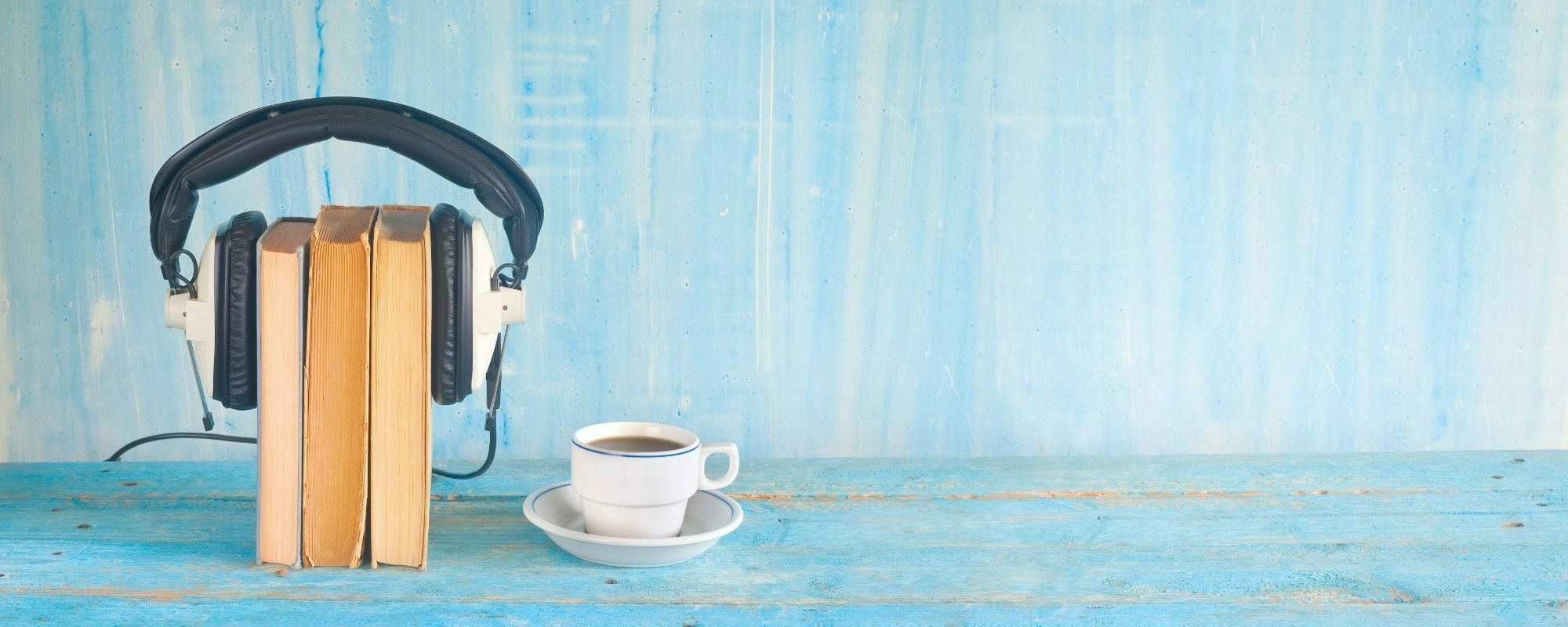
About the Show
The Inside Community Podcast brings folks along for an inside look at all of the beautiful and messy realities of creating and sustaining a community. We provide useful and inspiring content to support people on their quest for resilience, sustainability, and connection.

Meet Your Host
Inside Community Podcast host Rebecca Mesritz is a community builder living in Williams, Oregon. In 2011, Rebecca co-founded the Emerald Village (EVO) in North County San Diego, California. During her ten years with EVO, she supported and led numerous programs and initiatives including implementation and training of the community in Sociocracy, establishment of the Animal Husbandry program, leadership of the Land Circle, hosting numerous internal and external community events, and participation in the Human Relations Circle which holds the relational, spiritual and emotional container for their work.
In June of 2021, with the blessing of EVO, Rebecca and 3 other co-founders relocated to begin a new, mission- driven community and learning center housed on 160 acres of forest and farmland. Rebecca is passionate about communal living and sees intentional community as a tool for both personal and cultural transformation. In addition to her work in this field, she also holds a Master of Fine Arts degree from San Diego State University and creates functional, public, and interactive art in metal, wood, and pretty much any other material she can get her hands on. She is a mother, a wife, an educator, a nurturer of gardens, an epicurean lover of sustainable wholesome food, and a cultivator of compassion and beauty.

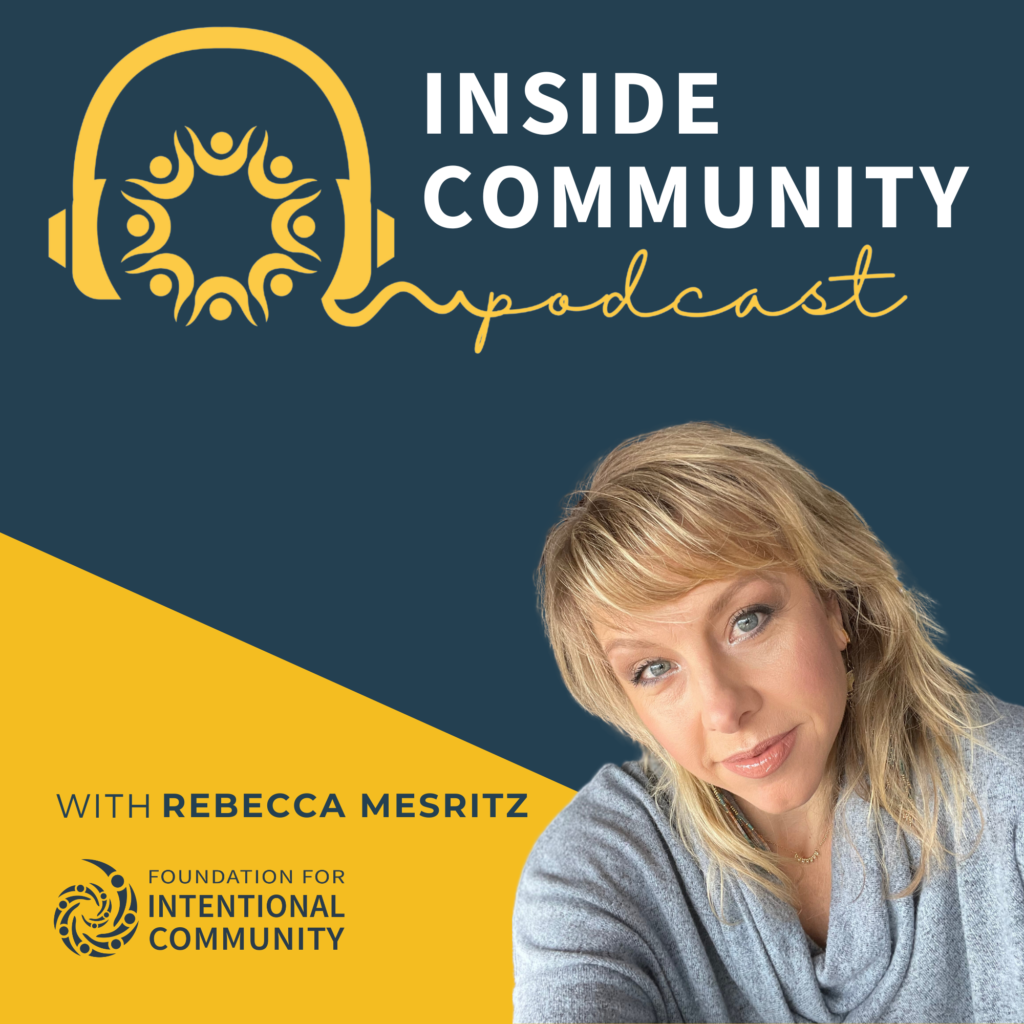
The Inside Community Podcast is sponsored by the Foundation for Intentional Community (FIC). Reach out if you are interested in sponsorship or advertisement opportunities on the podcast.

